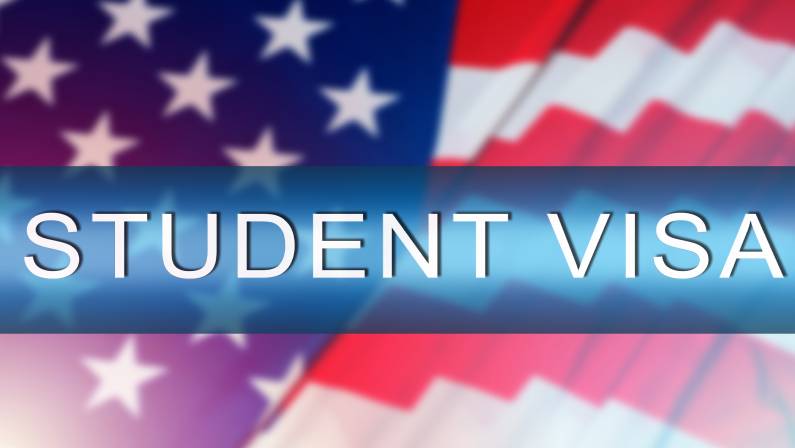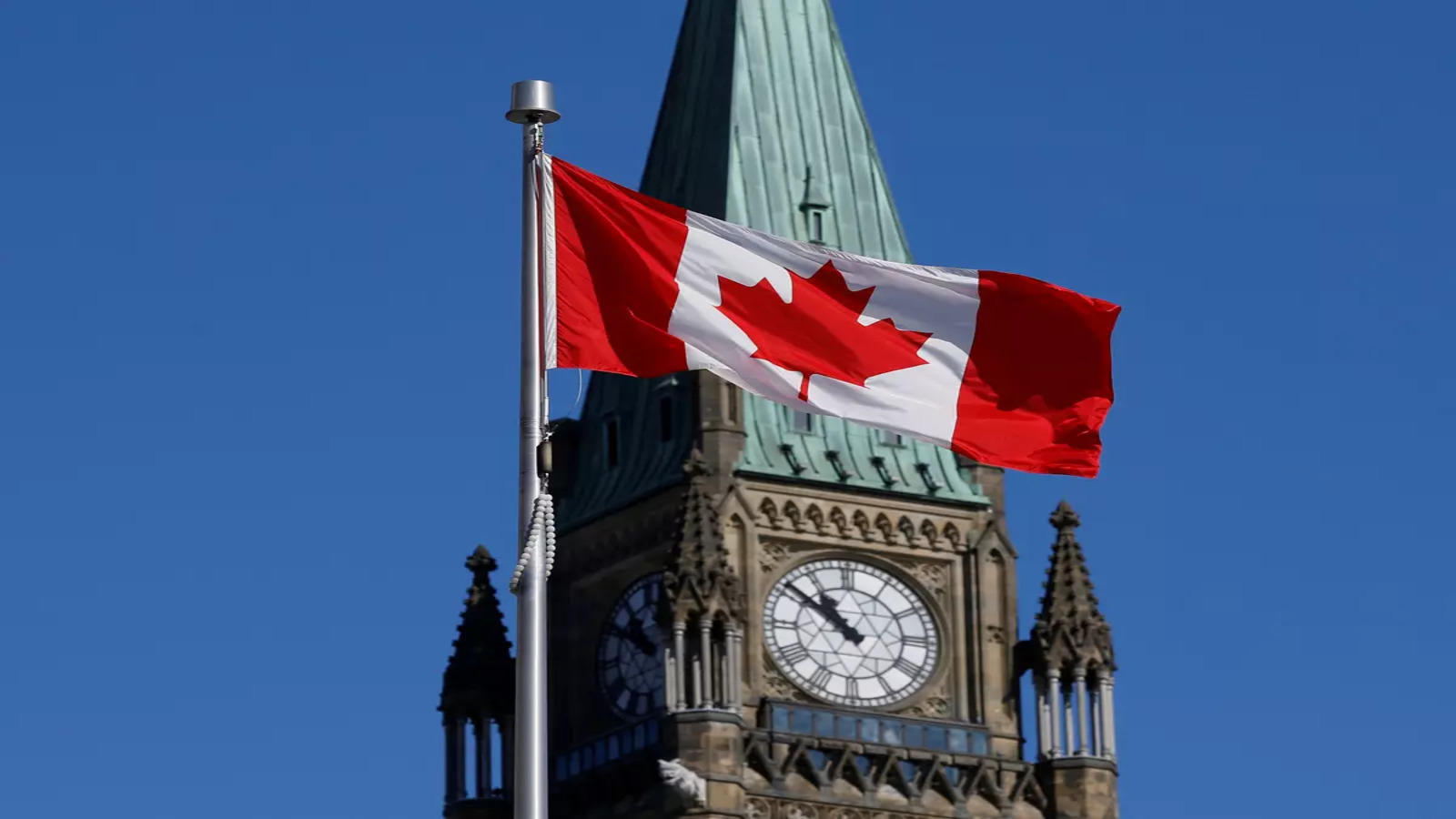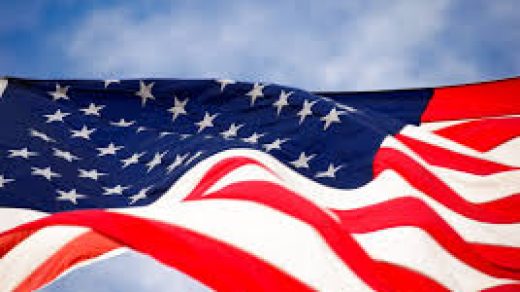Welcome, Nigerian students, to your comprehensive guide on navigating the U.S. student visa process! Embarking on this exciting journey of studying in the United States can open countless doors for your future career and personal growth. However, we understand that the visa application process can be overwhelming and confusing at times. But fear not! In this blog post, we will break down each step of the process, provide valuable tips, and address common challenges faced by Nigerian students like yourself. So grab a cup of tea (or coffee) and let’s dive right in to make your dreams a reality!
Understanding the Different Types of Student Visas
When it comes to studying in the United States, it’s crucial to have a clear understanding of the different types of student visas available. Each visa category has its own specific requirements and restrictions, so being well-informed can help you navigate the process successfully.
The most common type of student visa is the F-1 visa. This is for academic students who plan to enroll in a full-time program at an accredited U.S. educational institution. It allows you to stay in the country for as long as your program lasts, plus an additional period for practical training or optional practical training (OPT) after completion.
Another type is the J-1 visa, which is designed for exchange visitors participating in approved programs such as research scholars, professors, or cultural exchange programs. The J-1 visa also covers students sponsored by organizations that facilitate educational and cultural exchanges.
For vocational studies that are not degree-oriented, there’s the M-1 visa. This category includes non-academic programs like technical schools and vocational courses.
It’s important to note that each type of student visa has specific eligibility criteria and requirements. Therefore, thoroughly researching and understanding these differences will ensure that you choose the right one based on your educational goals and circumstances.
Steps to Obtaining a U.S. Student Visa
Researching and applying to schools in the United States is the first step towards obtaining a U.S. student visa. Begin by identifying universities or colleges that offer programs aligned with your academic goals and interests. Take into consideration factors such as tuition fees, location, campus facilities, and available scholarships or financial aid.
Once you have narrowed down your options, carefully review each school’s admission requirements and deadlines. Prepare all necessary documents for application submission, including academic transcripts, standardized test scores (such as SAT or TOEFL), recommendation letters, and a well-crafted personal statement.
After submitting your applications, it’s time to focus on preparing for the interview at the U.S. embassy or consulate in Nigeria. This is a crucial part of the visa process where you will be asked questions about your study plans, financial resources, ties to Nigeria, and intent to return after completing your studies.
To prepare for the interview successfully:
1. Familiarize yourself with common interview questions through online resources.
2. Practice answering these questions confidently while highlighting your genuine passion for studying in the U.S.
3. Compile all required supporting documents such as proof of funding (bank statements or scholarship award letters) and evidence of strong ties to Nigeria (property ownership or family responsibilities).
On the day of your scheduled interview appointment at the embassy/consulate:
1. Dress professionally and arrive early.
2. Greet consular officers politely when called upon.
3. Be prepared to provide clear answers that demonstrate sincerity and confidence.
4. Remain calm throughout the interview process.
If approved during the interview stage, you can expect to receive further instructions regarding visa issuance procedures from embassy officials within a few days after a successful interview.
With an approved student visa in hand, Congratulations! You are now ready to embark on an exciting journey towards pursuing higher education in America!
A. Researching and Applying to Schools
Researching and applying to schools in the United States is an exciting step towards pursuing your education abroad. With so many options available, it’s important to conduct thorough research to find the best fit for your academic goals and personal preferences.
Start by identifying your field of study and shortlisting universities that offer strong programs in that area. Look for rankings, faculty expertise, and resources available at each institution. Don’t forget to consider location, campus culture, extracurricular activities, and support services offered to international students.
Once you have a list of potential schools, delve deeper into their admission requirements. Take note of application deadlines, required documents (such as transcripts or letters of recommendation), standardized test scores (like SAT or TOEFL), and any additional essays or statements required.
To gain more insight into the school’s atmosphere and community, reach out to current students or alumni through online forums or social media platforms like LinkedIn. They can provide valuable information about their experiences and help you make an informed decision.
When preparing your application materials, pay close attention to detail – ensure all forms are filled accurately and submit all required documents on time. Craft a compelling personal statement highlighting your accomplishments, passions, and future aspirations. Remember that each school may have specific requirements for documentation submission formats.
Lastly but most importantly – proofread! Typos or grammatical errors can leave a negative impression on admissions officers. Have someone else review your application materials for feedback before submitting them officially.
By conducting thorough research on schools’ offerings while paying attention to details during the application process ensures you present yourself as a strong candidate who is genuinely interested in attending each institution you apply to!
B. Preparing for the Interview
The interview is a crucial step in the U.S. student visa process, as it determines whether you will be granted a visa or not. It’s important to approach this stage with careful preparation and confidence.
Gather all necessary documents that prove your eligibility for the student visa. This includes your acceptance letter from an accredited U.S. institution, financial statements to demonstrate your ability to cover tuition fees and living expenses, academic transcripts, standardized test scores (if applicable), and any other supporting documents required by the embassy or consulate.
Next, familiarize yourself with potential interview questions that might be asked. Practice answering them confidently and concisely while highlighting your genuine intentions of studying in the United States.
Additionally, make sure you have a clear understanding of your chosen program of study and how it aligns with your future career goals. The interviewer may inquire about this to assess your commitment and seriousness towards pursuing education in America.
Moreover, dress professionally on the day of the interview to create a positive impression. Arrive early at the embassy or consulate to avoid unnecessary stress or delays that could impact your performance during the interview.
Remember to remain calm and composed throughout the entire process. Be honest in answering questions without providing excessive information unless specifically asked for.
By adequately preparing for the interview beforehand, you increase your chances of success in obtaining a U.S. student visa – opening doors to exciting educational opportunities abroad!
C. Attending the Interview
Once you have completed the application process and received your appointment date, it’s time to prepare for the interview at the U.S. embassy or consulate in Nigeria. This step is crucial as it determines whether or not you will be granted a U.S. student visa.
Make sure to gather all required documents such as your passport, Form DS-160 confirmation page, SEVIS fee payment receipt, I-20 form from your chosen institution, and any supporting financial documents. It’s important to present clear and organized paperwork during the interview.
Dress appropriately for the occasion. Opt for professional attire that reflects your seriousness about studying in the United States.
On the day of your interview, arrive early so that you have ample time to go through security procedures before being called for your appointment. Remember to bring only necessary items with you – avoid carrying large bags or electronic devices unless absolutely necessary.
When it’s time for your interview, remain calm and confident while answering questions posed by the consular officer. Be prepared to discuss why you chose a particular institution and program of study in detail.
Keep in mind that honesty is key throughout this process – provide accurate responses without exaggeration or omission of information.
It’s normal to feel nervous during an interview but try not to let it overwhelm you. Take deep breaths if needed and maintain good eye contact with the interviewer while speaking clearly and audibly.
Remember that each person’s experience may differ slightly depending on individual circumstances; therefore, it is important not to rely solely on others’ accounts when preparing for this part of the visa process.
Common Challenges Faced by Nigerian Students in the Visa Process
Navigating the U.S. student visa process can be a daunting task for anyone, but it presents unique challenges for Nigerian students. One of the most common obstacles faced by Nigerians is proving their intent to return to Nigeria after completing their studies. This is because there is a perception among immigration officials that many Nigerian students seek to stay in the United States after graduation.
Another challenge that Nigerian students often encounter is financial documentation. The U.S. government requires applicants to demonstrate sufficient funds to cover tuition fees and living expenses while studying in America. However, due to limited access to formal banking systems and economic disparities, providing these documents can be challenging for some Nigerian students.
Language proficiency also poses a hurdle for many Nigerian students during the visa process. English may not be their first language, which can make communication difficult during interviews or when submitting written documents.
Additionally, obtaining required supporting documents such as transcripts and standardized test scores from schools in Nigeria can sometimes be problematic due to bureaucratic processes or delays within educational institutions.
Cultural differences and unfamiliarity with American visa procedures may leave some Nigerian students feeling overwhelmed and anxious throughout the application process.
Despite these challenges, it’s important for Nigerian students not to lose hope! By being well-prepared, having strong ties to Nigeria, showcasing financial stability through legitimate means, improving language skills if necessary, and seeking guidance from experienced professionals or mentors who have gone through the process themselves – success can still be achieved!
Remember that every individual’s journey is unique; what matters most is perseverance and determination in overcoming obstacles along the way.
Tips for a Successful Visa Application
1. Start Early: Begin your visa application process well in advance to allow ample time for any unforeseen delays or complications.
2. Gather Required Documents: Make sure you have all the necessary documents, such as your passport, acceptance letter from the U.
S. school, financial statements, and proof of ties to Nigeria.
3. Be Prepared for the Interview: Research common interview questions and practice your answers beforehand. Dress professionally and arrive early to make a good impression.
4. Demonstrate Strong Ties to Nigeria: The consular officer needs assurance that you will return home after completing your studies in the U.
S., so emphasize your commitments in Nigeria—family, job prospects, or community involvement—to show strong ties.
5. Be Honest and Confident: Answer all questions truthfully during the interview while remaining confident in yourself and your plans for studying abroad.
6. Show Proof of Financial Stability: Provide clear evidence of how you plan to finance your education in the U.S., whether through personal funds, scholarships, sponsorships, or loans.
7. Stay Positive and Polite: Maintain a positive attitude throughout the entire application process; politeness can go a long way when dealing with embassy staff or consular officers.
Remember that each applicant’s circumstances are unique; it is important to tailor these tips according to individual situations while also following official guidelines provided by relevant authorities.
What to Expect Upon Arrival in the U.S
After successfully obtaining your U.S. student visa, it’s time for an exciting new chapter of your life to begin! As you step off the plane and onto American soil, there are a few things you can expect as you adapt to your new surroundings.
Be prepared for a culture shock. The United States is vastly different from Nigeria in terms of customs, traditions, and even everyday interactions. Embrace these differences with an open mind and take this opportunity to learn about American culture while sharing aspects of your own Nigerian heritage.
Once on campus, you’ll likely participate in orientation programs designed specifically for international students. These programs will provide valuable information on navigating university life, understanding academic expectations, and familiarizing yourself with campus resources.
One important aspect of living in the U.S. is healthcare. Familiarize yourself with the health insurance options available through your university or make arrangements for alternative coverage. It’s crucial to prioritize your well-being during your time abroad.
As classes begin, don’t hesitate to seek assistance if needed. Professors and advisors are there to support you academically and help ensure a smooth transition into the American educational system. Take advantage of office hours or tutoring services if necessary – it’s always better to ask for help than struggle alone!
Beyond academics, getting involved in extracurricular activities is highly encouraged. Join clubs or organizations that align with your interests; this not only helps broaden your social circle but also allows you to engage with fellow students who share similar passions.
Remember that homesickness may strike at some point during your studies abroad – it’s completely normal! Stay connected with loved ones back home through video calls or messaging apps but also give yourself permission to fully immerse yourself in this new experience without constantly longing for what was left behind.









